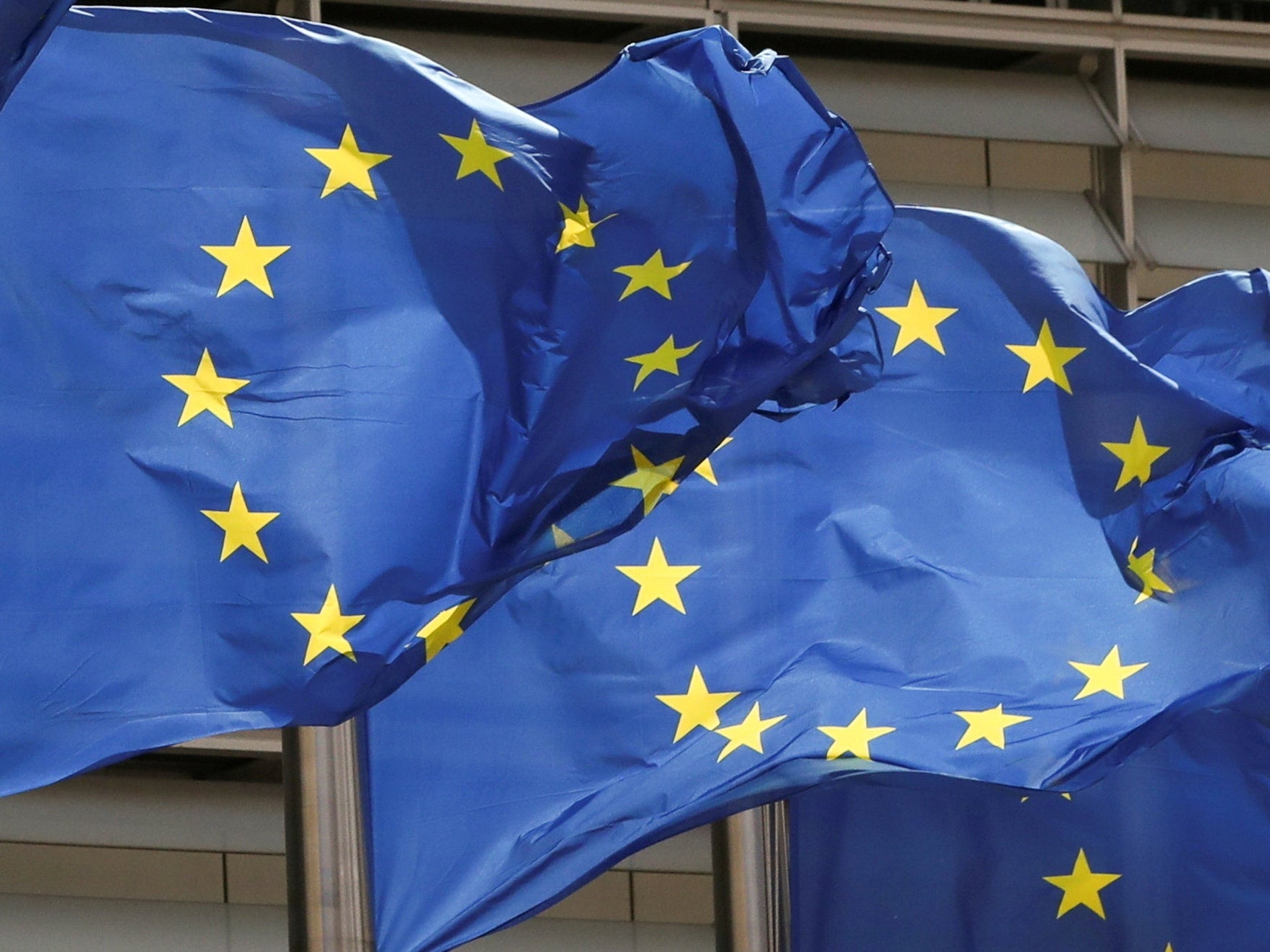The Brexit vote unleashed a nasty tide of xenophobia, racism and bigotry in the UK – I no longer felt welcome
I was one of five million EU citizens who had lived in the UK for years and built lives, homes and families; then found ourselves having to apply for British citizenship or settled status – in some cases, in vain


Your support helps us to tell the story
From reproductive rights to climate change to Big Tech, The Independent is on the ground when the story is developing. Whether it's investigating the financials of Elon Musk's pro-Trump PAC or producing our latest documentary, 'The A Word', which shines a light on the American women fighting for reproductive rights, we know how important it is to parse out the facts from the messaging.
At such a critical moment in US history, we need reporters on the ground. Your donation allows us to keep sending journalists to speak to both sides of the story.
The Independent is trusted by Americans across the entire political spectrum. And unlike many other quality news outlets, we choose not to lock Americans out of our reporting and analysis with paywalls. We believe quality journalism should be available to everyone, paid for by those who can afford it.
Your support makes all the difference.I grew up in the Netherlands in the years following the end of the Second World War, when the whole country was still reeling from the effects of the Nazi occupation and the fighting.
For decades I couldn’t understand why people had let this happen: why nobody had stood up to Hitler and why the Jewish people, the gypsies, the intellectuals, disabled people and the communists had not received loyal support. Now I can understand how the German people turned a blind eye as the war machine cranked up and eventually exploded into mayhem.
When Hannah Arendt spoke about the banality of evil, she didn’t just mean that bad people get used to doing bad things and become casual about it. She also meant that many good people start accepting bad things that happen, as they simply become used to them and pass them off as trivial and inevitable.
More recently, we all witnessed what happened in the USA when Donald Trump was elected president, and what happened in the UK over the vote to leave the European Union. Nations were artificially divided and tensions mounted. I understood for the first time that whole nations can be lied to and soothed into condoning things that will ultimately be bad for them.
I have seen politicians appease right-wing ideas, turning a blind eye to what were very worrying steps towards totalitarianism. It was the same with Hitler in 1930s Germany: evil grows slowly, bit by bit, step by step. It is only when people realise they no longer have any control – if they ever really did – that they begin to see what has happened. By then, it is often too late to amend the situation, and crisis will inevitably follow.
When the 2016 Brexit referendum unleashed a nasty tide of xenophobia, racism and bigotry in the UK, in a way that I had never imagined possible in the country I had adopted because of its gentleness, openness, fairness and progressiveness, I began to understand the reality of what my parents had warned me about in my childhood.
For the first time, I truly grasped the lessons they had learnt: that division, segregation and discrimination are terrible things and that they lead to worse things downstream that can rarely be stopped because good people do nothing about it for far too long. Never in my worst dreams had I imagined that I would find myself at the receiving end of such treatment.
Yet I was among the five million EU citizens who, having lived in the UK for many years and built a life, a home and a family, found ourselves having to apply for British citizenship or for settled status and, in some cases, in vain.
My passion about this comes from my deep, personal commitment to keeping the peace in Europe, based on what happened to us all in the Second World War. My professions of philosophy and psychotherapy contributed a great deal to my being able to make good sense of what was happening. I knew I had to document it and write about it: we have to keep learning; we cannot afford to be complacent about our future, as both Brexit and the Covid-19 pandemic have shown us.
If there is one thing we have learnt during the beginning of the 21st century, it is that crises will hit us, no matter how well prepared and safe we think we have made ourselves. Fate does not deliver any exemptions.
We must continue to understand what happens when people think that equality, diversity, fairness and co-operation can be taken for granted – or, worse, that they don’t matter. We must never forget that life is fragile: that things happen in the world that can bring the whole human race face to face with extinction.
If we stop supporting and protecting each other, we not only create hell on earth for others; we create hell on earth for ourselves.
Rising From Existential Crisis: Life Beyond Calamity by Emmy Van Deurzen is published by PCCS Books
Join our commenting forum
Join thought-provoking conversations, follow other Independent readers and see their replies
Comments